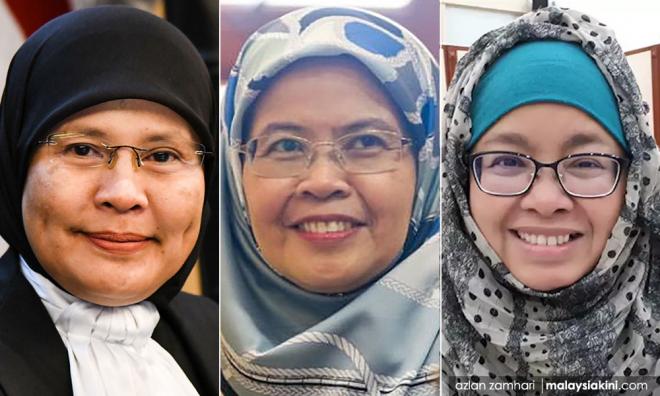
2019 was like mosquitos: Nobody likes them, and nobody has anything good to say about them.
This year, our country has been ridden with a series of political infighting, intellectual dishonesty, and administrative mediocrity. Politicians cared more for themselves than the country.
It mattered not that the cost of living is still high, the number of good jobs is still low, and the economy stays stagnant. Every policy, position, and presentation was based on individual political gain and preservation of ego. For one year, the people have been left out of the equation.
But I have always believed that the people are not powerless. There are enough people in every corner of the country who are still doing important work; who are courageous in the face of challenges; who persevere for the love of the nation.
These are the three stories that made my 2019:
Courage in the civil service
On the eleventh month of 2019, we learned about the story of Nor Salwani Muhammad. In a trial against former prime minister Najib Razak and former 1MDB CEO Arul Kanda, Nor Salwani said that she had recorded the meeting to alter the 1MDB audit report with a voice recorder.
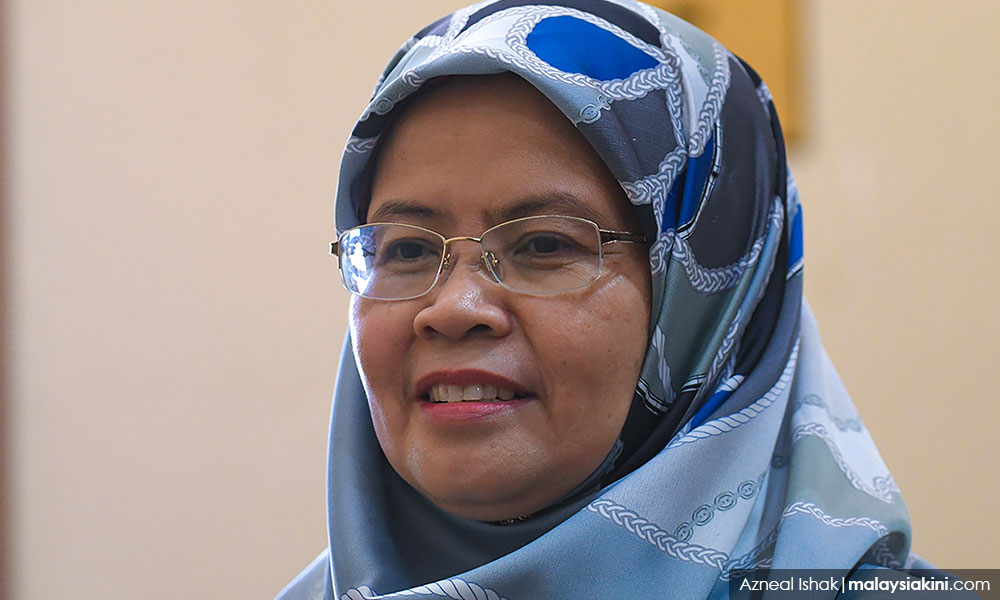
Nor Salwani was the coordinator of the National Audit Department (NAD) special audit team on 1MDB. But she was asked to leave the meeting room when Arul Kanda, Dzulkifli Ahamad (Attorney-General’s Chambers) and a few others went in. It was curious that all NAD officers were asked to leave the meeting room.
Without anyone’s knowledge, Nor Salwani put a voice recorder in Puan Saadatul’s pencil case. This was not because she wanted to spy on others, or to break any vows of secrecy – she was doing it simply because it was her job to prepare minutes of the meeting.
Nor Salwani knew this was an important NAD audit; it was standard procedure to record the minutes. Most importantly, this was her job.
After listening to the “shocking” and “abnormal” requests to alter the 1MDB report, Nor Salwani knew she had to handle the recording with care and integrity.
She transferred the recording to an external hard drive and further transferred the recording to another external hard drive and pendrive for security, before passing it to a NAD division.
The hard drive is now under the Malaysian Anti-Corruption Commission’s custody. The pen drive is placed in a stapled envelop locked in a metal cabinet.
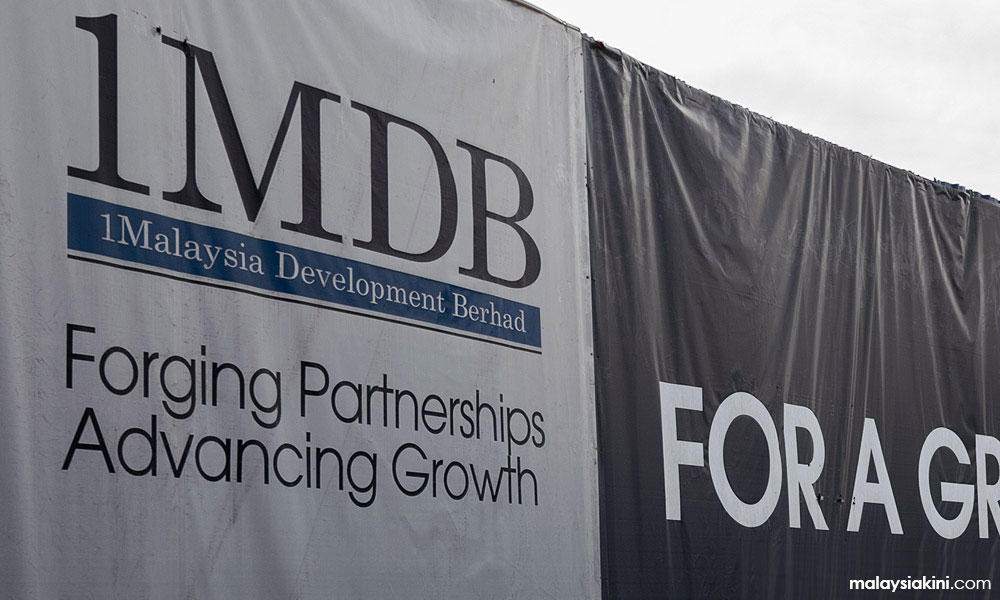
At that time, if the government had known that Nor Salwani had recorded the meeting that resulted in 4 changes to the 1MDB report, she would have been in trouble. The power of Najib’s government was overarching. If they could ask high-ranking NAD staff members to leave a room and overrule their powers and independence, the government could do anything.
It took enormous courage and unwavering integrity for Nor Salwani to do what she did. She took a gamble on her career and life to protect the interest of the country.
Most civil servants would rather stay safe and follow instructions from the government of the day, even if it means enabling or endorsing corruption.
But Nor Salwani was different. She took courage to complete her job even when she was stopped; she took courage to protect important evidence against the highest government power; she took courage in believing that right will prevail over wrong.
Inside the courtroom, lawyers, judges, and witnesses listened to Nor Salwani’s 2-hour 40-minute recording on the alteration of audit reports. Outside the courthouse, we listened to the songs of courage in the rhythm of hope.
Light in a constituency
Evidently, it is harder to find good stories from the legislative branch. This is the branch where the worst instincts of politics roam.
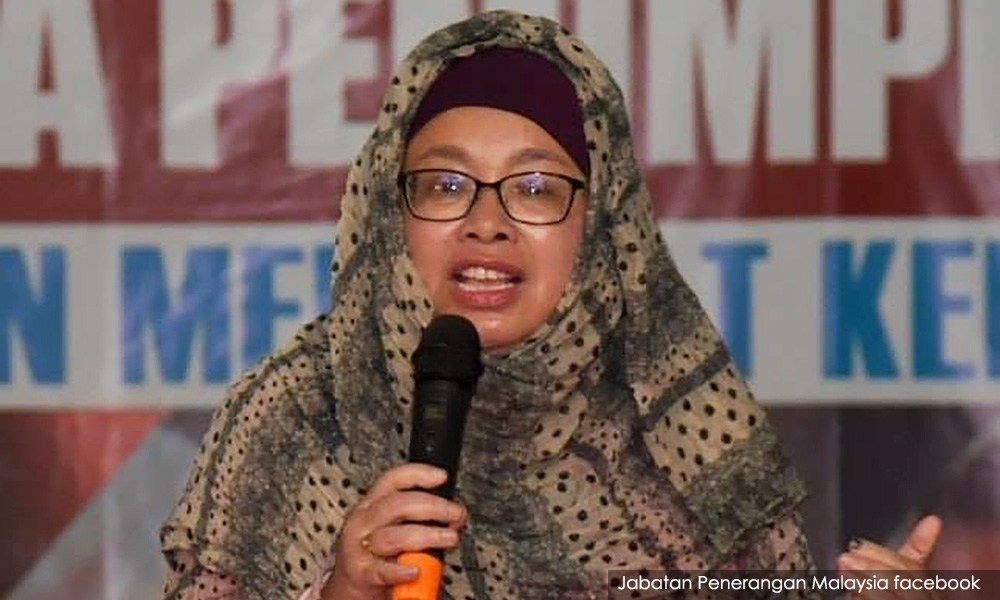
But I remember the story of Norlela Ariffin. She is the assemblywoman for Penanti.
The dark clouds of racial-religious tension covered most of our 2019 skies. There are two kinds of politicians in identity politics: One, politicians who would exploit and inflame the racial-religious narrative to serve his/her private benefit; two, politicians who believe mutual understanding and empathy on the ground is key to destroy any manipulated fears created by the elite.
The former is simple to do. You do not need to think or evaluate. You just need to create an identity-based in-group and scapegoat an out-group for their differences. You sow the seeds of hatred into the soil of fear and the unknown.
Whereas the latter is harder. Norlela revealed that she has held closed-door sessions for people of different religions to learn about each other. She showed Bibls in Bahasa Malaysia to her Muslim constituents so that they would not fear or misunderstand the Christians. Norlela thought that Muslims need not fear being converted at the sight of a Bible in Bahasa Malaysia.
She had also held dialogues about the Hudud Bill with non-Muslim temple members and villagers so that they could ask about Islam and hudud.
Be it Muslim, Buddhist, Hindu, or Christian, empathy is built through dialogue and understanding. I am not a Muslim or a Christian, but I know my life would be richer knowing about the Quran and the Bible. Life is enriched through knowing about other religions, cultures, traditions, beliefs, values.
Progress in the judiciary
Amidst the stubborn lack of progress, it is easy to imagine that we have not pushed the needle forward at all.
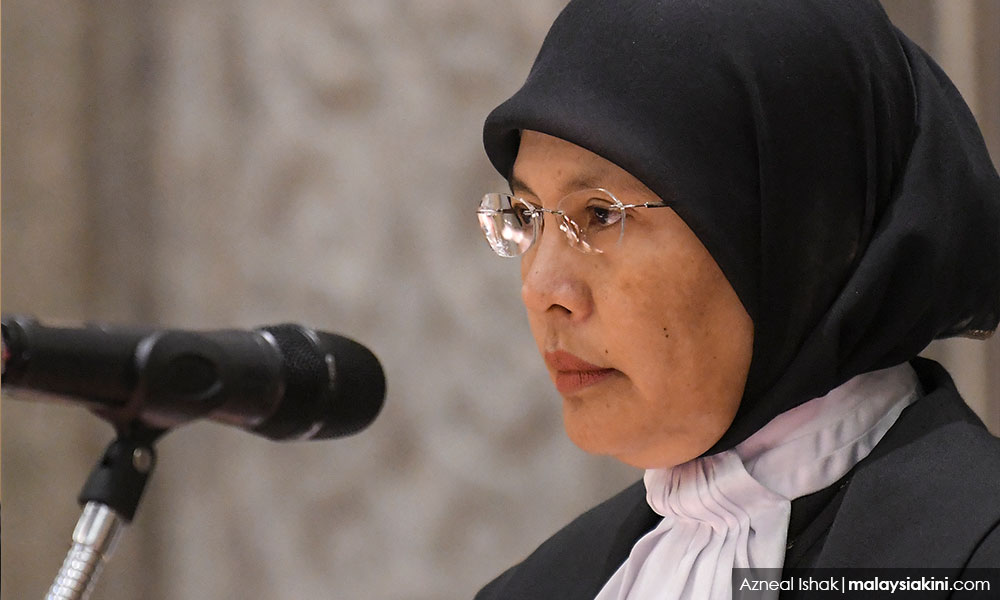
The appointment of Tengku Maimun as the first female Chief Justice of Malaysia is a powerful resistance against this misconception. A woman holds the highest power in one of the three branches of government. She has the power to appoint and dismiss judges and she could influence how the law is interpreted, how norm is formulated, and how society is regulated.
In this respect, we should be proud as a nation. Compared to the judiciary in the UK, we need not wait hundreds of years with intense public debate and campaigning before a woman is appointed as head of the highest court. We were spared protests and pushback against a position that carries such awesome power and responsibility.
Although this appointment does not yield the same publicity as would a first female prime minister, the symbolic effect must not be underestimated. Tengku Maimun now leads a long line of women in judicial leadership. The Court of Appeal is led by Rohana Yusuf. The Federal Court has 4 female judges: Nallini Pathmanathan, Zaleha Yusof, Zabariah Mohd Yusof, and Hasnah Mohammed Hashim.
Our history seems to suggest that we are a country too reluctant to put women in high positions of power. But the absence of opposition against such appointments show that there are pockets that still value merit and integrity.
Because of the growing list of women in judicial leadership, the next generation of girls will be able to set their sights higher in the legal industry and beyond. The profession of law is no longer an industry only for men – it is for whoever is willing to work hard to serve their beloved country.
At first glance, 2019 was a horrible year. You read the papers and you hear about how courage is a rare commodity in the civil service. You also see the threat of racial-religious tension knitting a dark blanket over our future. You also ask if we have regressed and transgressed against the promise of the 9th of May.
But if you look further, you find Nor Salwani who stood against corruption with immense courage. You see Norlela Ariffin who brought some light to our heart of darkness. You notice the progress we have made in the judiciary that is led by Tengku Maimun.
None of these means that 2019 was a good year. But it should mean that in the face of uncertainty, you can still find hope going into 2020. And I hope you do.
Happy New Year, Malaysia.
JAMES CHAI is a legal consultant and researcher working for Invoke, among others. You may reach him at jameschai.mpuk@gmail.com. - Mkini


No comments:
Post a Comment
Note: Only a member of this blog may post a comment.